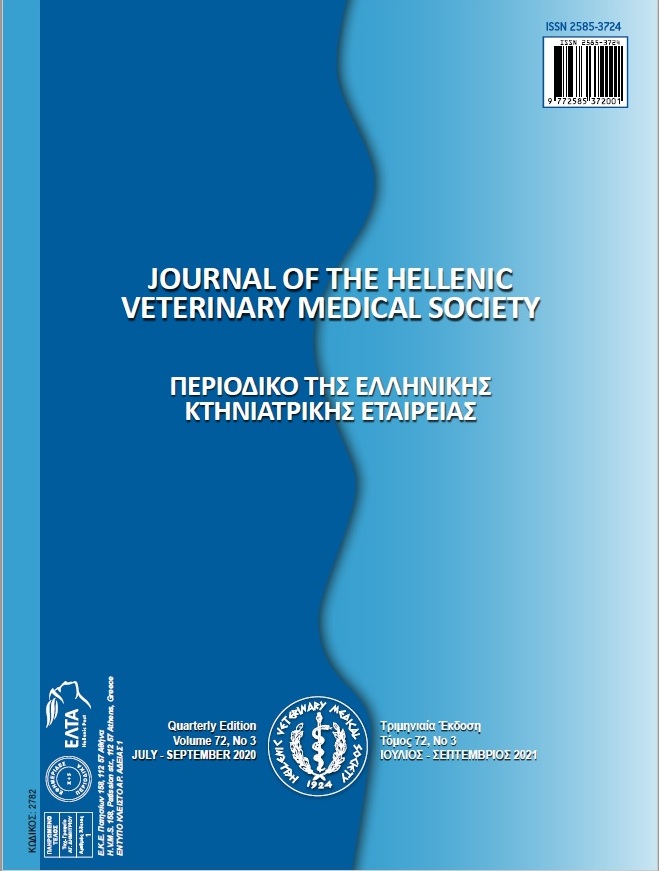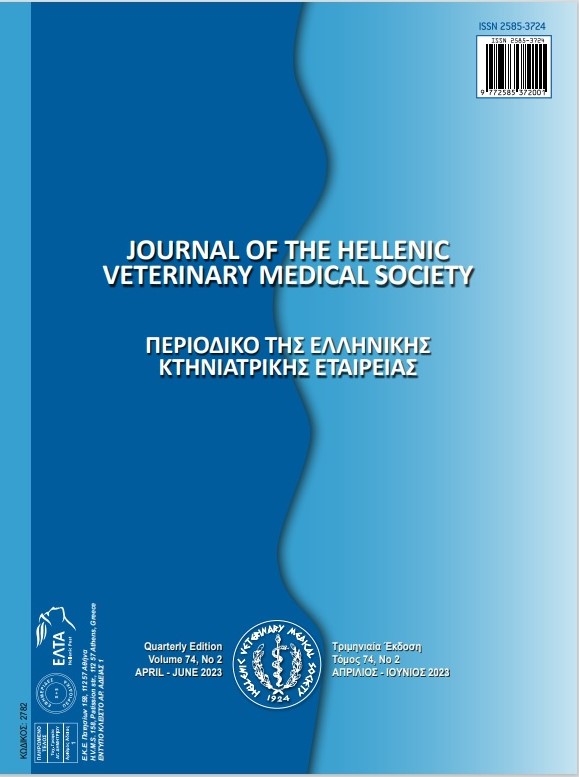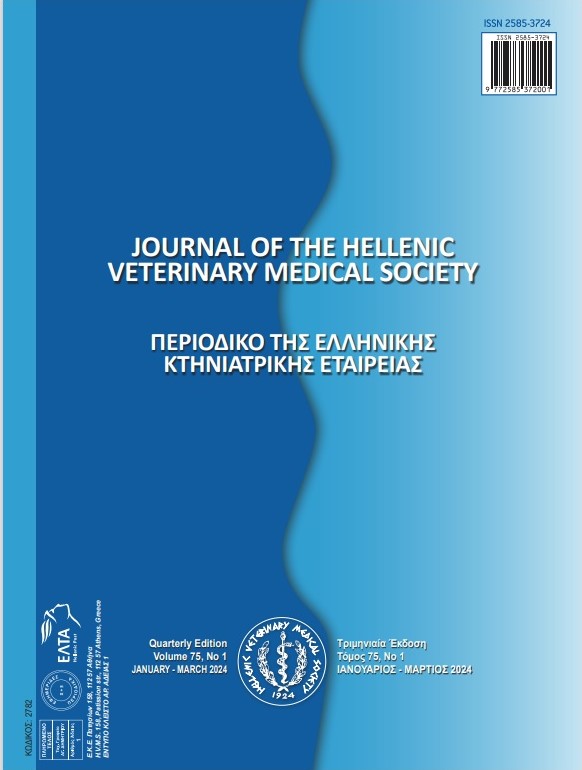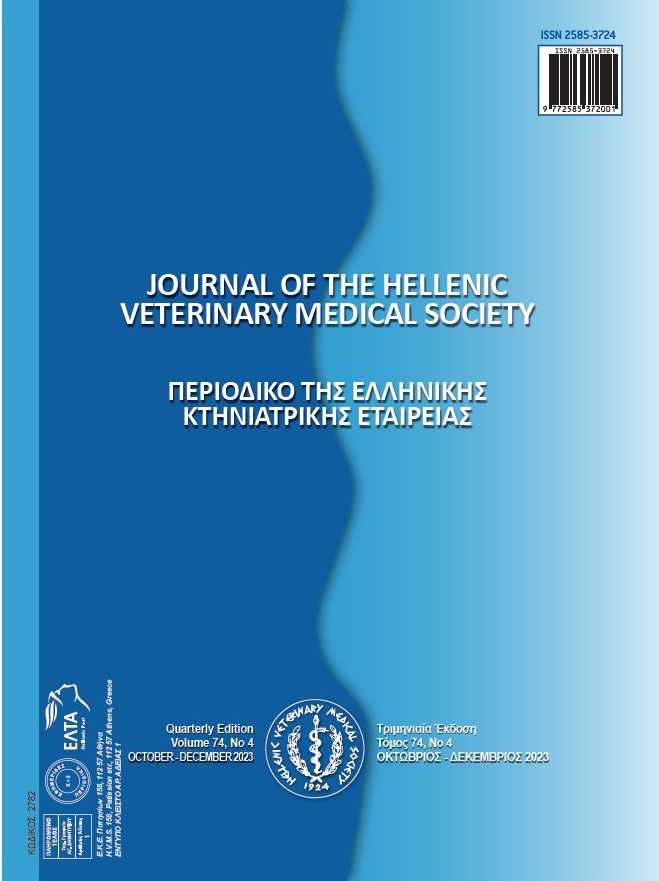Oxidative Stress and Acute-Phase Response Status During Treatment in Premature Calves with Respiratory Distress Syndrome

Abstract
This study aimed to determine lipid peroxide (LPO), antioxidant capacity (AOC), and acute-phase protein changes before and after different nebulization treatments in premature calves with respiratory distress syndrome (RDS). Thirty-six premature calves were divided into equal number of 6 groups. Group 1 was labelled as negative control and received standard treatment. Group 2 was labelled as positive control; Groups 3, 4, 5, and 6 were labelled as trial groups. These groups received nebulizer treatment. Nebulizer drug combinations were as follows: Group 2 (fluticasone), Group 3 (formoterol + fluticasone), Group 4 (ipratropium bromide + fluticasone), Group 5 (fluticasone + furosemide) and Group 6 (formoterol + ipratropium bromide + furosemide + fluticasone). Venous blood was taken from all calves before (0 hour) and after treatment (24th, 48th, 72nd hour). It was concluded that total LPO levels gradually decreased while AOC levels increased during treatment but there was no difference in the serum amyloid A (SAA) and fibrinogen levels within groups. In conclusion, supportive and nebulizer treatments to improve function of lungs were demonstrated to alleviate oxidative stress. However, in order to reveal the effects of local nebulizer applications on oxidative stress, further studies are required to investigate oxidation parameters in the bronchoalveolar fluid.
Article Details
- How to Cite
-
OK, M., YILDIZ, R., TRAŞ, B., COSKUN, P., & AKAR, A. (2021). Oxidative Stress and Acute-Phase Response Status During Treatment in Premature Calves with Respiratory Distress Syndrome. Journal of the Hellenic Veterinary Medical Society, 72(3), 3249–3256. https://doi.org/10.12681/jhvms.28521
- Issue
- Vol. 72 No. 3 (2021)
- Section
- Research Articles

This work is licensed under a Creative Commons Attribution-NonCommercial 4.0 International License.
Authors who publish with this journal agree to the following terms:
· Authors retain copyright and grant the journal right of first publication with the work simultaneously licensed under a Creative Commons Attribution Non-Commercial License that allows others to share the work with an acknowledgement of the work's authorship and initial publication in this journal.
· Authors are able to enter into separate, additional contractual arrangements for the non-exclusive distribution of the journal's published version of the work (e.g. post it to an institutional repository or publish it in a book), with an acknowledgement of its initial publication in this journal.
· Authors are permitted and encouraged to post their work online (preferably in institutional repositories or on their website) prior to and during the submission process, as it can lead to productive exchanges, as well as earlier and greater citation of published work.





